Every week we release educational videos related to hot topics in the mortgage industry on YouTube.
Subscribe to our channel to stay in-the-know!
A mortgage loan is likely going to be the biggest loan that you take out in your lifetime. In the United States, the average mortgage loan in 2020 was $208,185.
Due to the significant amount of money at stake, lenders go through a much more thorough review process before simply signing off on a borrower's request. One way to expedite the home buying process is by having a valid pre-approval that has been obtained within 6 months. This will not only help you have a peace of mind, but will enhance your chances of having a successful home buying experience! One last important detail to note, is that a pre-qualification differs from an actual pre-approval. Here is a video where I have explained the two differences.
A pre-qualification is a review of credit only, while a pre-approval additionally reviews income, assets and special circumstances. Are you wondering what documents you will need to get pre-approved in Texas?
Get pre-approved for a mortgage in Texas with our guide!
One of the first things that is crucial to pre-approval is to build up your credit score. The lender must verify if you meet the minimum standards for loan programs available to you. Credit score also greatly impacts the final interest rate.
A credit score measures how adept you are at paying your bills on time, while also avoiding excessive debt. There are many factors that are considered in the score, like percent utilization on credit cards, late payments or collections, number of open accounts, time since accounts opened, and inquiries into your credit.
Conventional loans require a minimum of a 620 credit score . The most ideal score, to obtain the most favorable interest rates, are scores 740-850. FHA loans have minimum credit scores of anywhere from 580 to 620, depending on the particular lender. Not all lenders are accepting lower scores, so be sure to check with your local lender(s).
If you suspect that your score is not meeting the standards listed above, you can take action now. Sign up for a credit reporting service. There are free ones, however the ones with a monthly fee generally are more robust and helpful. In my experience, www.myfico.com is the scoring system that most closely resembles credit scores that lenders obtain.
The next thing that you will need to get pre-approval is to have proof of your monthly income. Income can be derived from many different sources, depending if you are employed, self employed, or retired. For employed borrowers, we will require at least 1 recent month of paystubs from your employer, showing year to date earnings as well.
For self employed borrowers, a 2 year history of both personal and business tax returns is generally required. If you receive other sources of income such as pensions, social security, disability, child support, alimony, or dividends and interest, we will request to show that it generally has been received for at least 2 years, and is likely to continue for 36 months.
There are exceptions to the 2 year history rule, and one of them is college education. Simply show your recent transcript or diploma, and the 2 years employment history should not be required. Reviewing income usually involves other questions such as gaps in employment, or a decline in income. If these circumstances apply to you, be prepared to explain and possibly document during the pre-approval process.
Assets are another crucial component of the pre-approval process. Verifying that you have funds for closing, and the source of those funds, will be required. A common question I get is if ALL the funds need to be in your possession prior to pre-approval. Not necessarily. Just let the lender know what future deposits might be, and they can consider the approval subject to the receipt of those monies. Bank statements for two months is required to show proof of funds. These can be checking accounts, savings, money market, retirement, stocks, etc. The lender will be reviewing for large deposits, and the source of those monies. If you have large amounts that were not from your paycheck, expect them to ask for proof of where the funds came from. Like the sale of something, or another account that transferred, a gift from a family member, are some of the most common.
Cash is not an acceptable source of deposit for lenders. What they are trying to prove, or disprove rather, is that you do not have any other debts or loans required to be repaid. Cash is not able to prove that. So beware! Also note, that any funds are considered seasoned after 60 days. Since lenders only ask for two months statements, they would not question not likely see a deposit from 90 days ago.
One last comment on assets. It's always a good idea to list as many accounts as you have available. You're pre-approval could be enhanced with what lenders refer to as RESERVES. These are monies remaining in your account after closing, that could be essentially used in case of a future job loss, in case you need to make your mortgage payment on time!
Download our free checklist on all documents required to get pre-approved here!
Two years history of employment is required for loan approval . For this reason, lenders ask for 2 years of W2 forms for employed borrowers, and if you are self employed , which means you own your own business, then 2 years tax returns for both personal and business will be required. There are exceptions. Conventional loan programs allow just 1 year, if the business is 5 or more years in existence. In addition of employed borrowers, recent college studies in most cases avoids the need for a 2 year history of employment.
Depending on the program you are applying for, there are debt to income ratio requirements that lenders adhere to.
FHA loans, secured by the Federal Housing Administration, are the most lenient on debt ratios. The maximum allowable is generally 55% of your gross monthly income. However, this amount could be reduced, if there are other factors such as low credit score or low reserves as we mentioned in the previous section.
A Conventional loan has requirements that are more strict. The maximum debt to income ratio is 43-45percent for down payments less than 20 percent. If you put 20 percent down or more, you might get approval up to 50 percent of your gross monthly income. Loans with 20 percent down, if they are to be approved near the 50 percent debt to income range, should have other compensating factors such as a high credit score, or large number of reserves as mentioned above.
These are five of the most important factors when it comes to getting pre-approved for a mortgage loan in the great state of Texas. Make sure you have good credit, limited debt, good assets, and proper income documentation.
Do you want to be pre-approved to buy a home in Texas? Message us today at Loan With Jen to see how we can help you get started!





All Rights Reserved | Jennifer Hughes Hernandez | Senior Loan Officer | NMLS #514497
Full service residential lender with an experienced team offering expert service, reliable communications and on-time closings in the greater Houston area.

Every week we release educational videos related to hot topics in the mortgage industry on YouTube.
Subscribe to our channel to stay in-the-know!
Gardner Financial Services, Ltd., dba Legacy Mutual Mortgage, NMLS #278675, a subsidiary of Texas Partners Bank. 18402 U.S. Highway 281 N, Ste. 258, San Antonio, TX 78259. AZ BK-2001467. Check registration and licensing at nmlsconsumeraccess.org. Legacy Mutual Mortgage is an Equal Housing Lender. This is not a commitment to lend. Material is informational only and should not be construed as investment or mortgage advice. Legacy Mutual Mortgage is not an agency of the federal government. Not all loan products are available in all states. All loans are subject to credit and property approval. Not all applicants qualify. Restriction and conditions may apply. Information and programs current as of date of distribution but may change without notice. [11/2025]